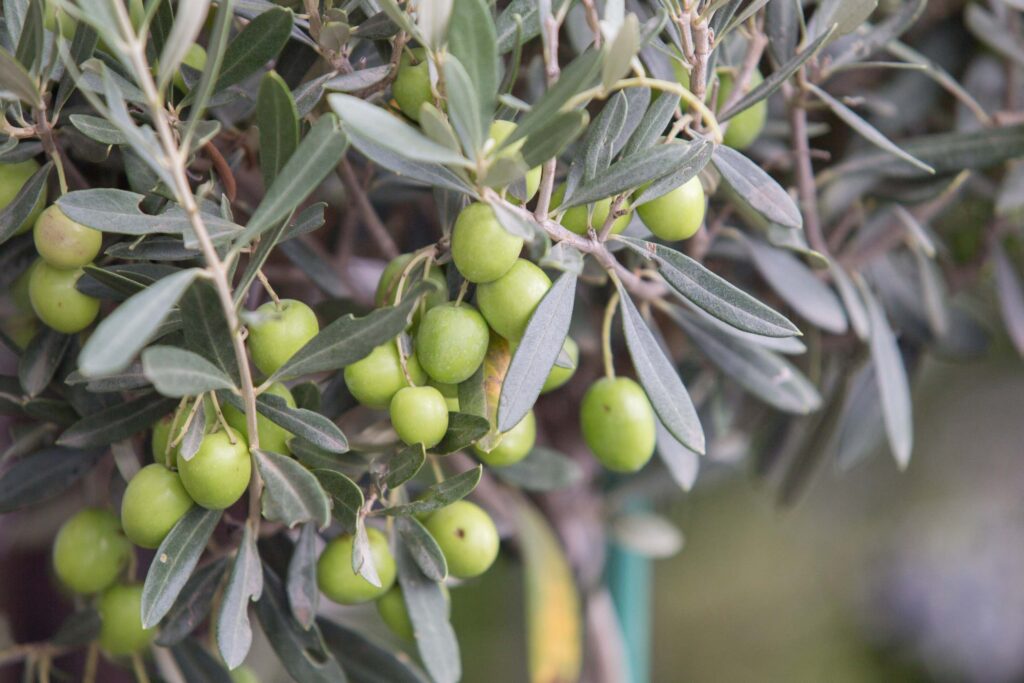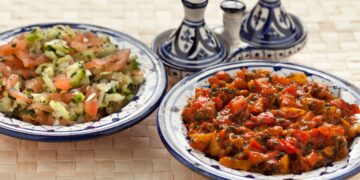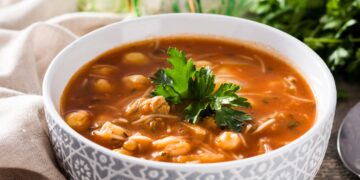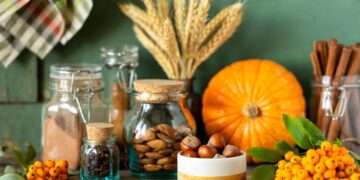Autumn in Morocco is more than cooler evenings and golden skies, it is the season of harvest, when some of the country’s most symbolic and valuable crops reach their peak. Dates and olives, two pillars of Moroccan agriculture and cuisine, take center stage in markets, homes, and festivals. Their harvest is not only an economic activity but also a cultural celebration that connects Moroccan families to their land and traditions.
The Importance of Dates in Moroccan Culture
Dates hold a special place in Moroccan life, symbolizing hospitality and abundance. The southern oases of Erfoud, Rissani, and Zagora are renowned for producing some of the country’s finest varieties, such as Mejhoul, Bouskri, and Boufeggous. Every October, Erfoud hosts the Date Festival, attracting farmers, traders, and visitors from across the kingdom.
This event highlights the economic role of dates while also honoring their spiritual and social importance dates are, after all, the first food traditionally eaten to break the fast during Ramadan.
Morocco’s Olive Legacy
Morocco is one of the world’s leading olive producers, with groves stretching from the fertile plains of Meknes to the northern Rif mountains. Olives and olive oil are staples in Moroccan kitchens, used in everything from tagines to salads and traditional breads.
The olive harvest, which begins in late autumn, is a vital source of income for rural families. According to the Moroccan Ministry of Agriculture, olive oil production reached nearly 1.9 million tons in recent years, solidifying its role as both a domestic necessity and a key export product.
Harvest Practices: Blending Tradition and Modernity
Both date and olive harvesting showcase a blend of old and new techniques. In palm groves, skilled climbers still scale tall trees to handpick ripe dates, while others use nets and tools to speed the process. Similarly, olive groves see workers laying down mats and beating branches to collect the fruit, though modern mechanical harvesters are becoming more common in larger farms. This coexistence of tradition and innovation reflects Morocco’s evolving agricultural landscape.
Building Business Partnerships Through Moroccan Cultural Events
In today’s interconnected world, businesses are constantly searching for innovative ways to establish trust, strengthen networks, and expand their reach....
Hiking Trails in the Middle Atlas Mountains
The Middle Atlas Mountains are often overshadowed by the High Atlas or the Rif, yet they hold some of Morocco’s...
From Passion to Profession: Turning Creative Skills into Income
In Morocco, more young people are transforming their creative talents into careers. Whether it’s photography, calligraphy, fashion design, or digital...
Young Moroccans Abroad: Balancing Wanderlust and Roots
For many young Moroccans, the dream of exploring the world is irresistible. Whether through study, work, or travel, living abroad...
Economic and Social Impact
The harvest season provides seasonal employment for thousands of Moroccans, especially in rural areas where job opportunities are limited. Cooperatives play an essential role, particularly women’s cooperatives that process and market dates and olive oil. These initiatives empower women economically while preserving artisanal methods. In urban centers, consumers increasingly seek high-quality, organic, and locally sourced products, which further supports small-scale producers.

A Testimonial: Living the Harvest
Fatima, a 32-year-old cooperative worker from near Meknes, describes the olive harvest:
“Each year, when the olives turn dark and heavy, the whole village comes together. Families, neighbors, and workers join in. For me, it’s not only work but also a time to bond with my community. The income from selling our olive oil helps pay school fees for my children, but the memories of laughter and shared meals during harvest are priceless.”
Dates and Olives in Daily Moroccan Life
Beyond their economic and cultural value, dates and olives are integral to Morocco’s daily diet. Dates are often enjoyed with milk or tea, while olives appear at almost every meal, served as appetizers or garnishes. Olive oil remains the “liquid gold” of Moroccan kitchens, used generously in cooking and even traditional beauty routines. Nutritionists emphasize that both foods are rich in essential vitamins, minerals, and healthy fats, making them cornerstones of a balanced diet.
Conclusion
The harvest season of dates and olives is more than an agricultural milestone in Morocco, it is a cultural, social, and economic celebration that touches every level of society. From the oases of the south to the groves of the north, these two crops symbolize Morocco’s connection to its land, traditions, and future. As global demand for natural and authentic products grows, Moroccan dates and olives continue to shine as treasures of both heritage and modern sustainability.
















Discussion about this post